The Many Shades of “Fake Titles”
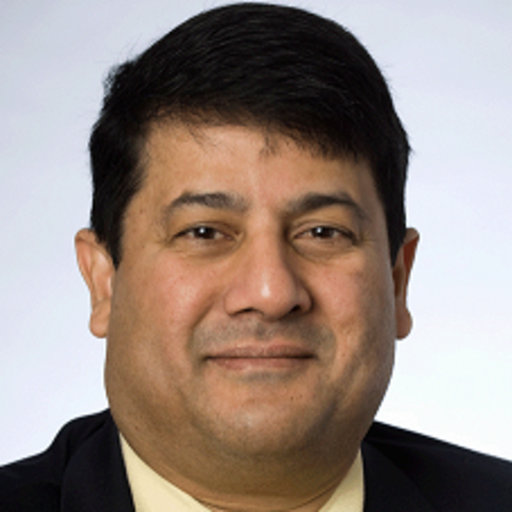
Professor Janek Ratnatunga
In the wake of the ‘outing’ of parliament Speaker Ashoka Ranwala with accusations that his PhD was fake, there has been a flurry of articles on fake degrees. One of the better researched articles was by P.K. Balachandran titled “Faking Degrees: A Thriving Industry in South Asia” in the Daily Mirror of December 17. It shows that the faking of degrees to enhance one’s status or job prospects is a global phenomenon.
Recently, I also was impressed by a video posted on YouTube by Dr. Rohan Pethiyagoda titled “The Theory and Practice of Corruption in Sri Lanka” in which he talks of the many flavours of corruption.
These two postings prompted me to explore the many shades of ‘Fake Titles’, as it is not only the individuals but also legitimate institutions, universities, professional bodies and similar awarding bodies that are partaking in this shadow industry. Whilst Dr. Pethiyagoda’s horrific examples of ‘corruption’ were directly related to monetary gains, the ‘Fake Titles’ industry has an indirect route to monetary gains via societal status and job promotion.
In addition to the phenomenon of ‘Fake Degrees’ that has been well covered by Mr. Balachandran, there are some in Sri Lanka who are “Fake Professors.” Usually, to become a genuine Professor, one needs a research PhD and a number of refereed publications in prestigious journals. However, some universities, even traditional ones, are conferring the title ‘Adjunct Professor’ or ‘Honorary Professor’ on individuals without any academic background, for political or marketing reasons such as opening doors for the university to recruit students from that individual’s country. One such individual who got a ‘marketing’ professorship from an Australian University for 6 months, has continued using the title well after the appointment was over. Unless one is appointed as an “Emeritus Professor’, once an appointment is over, the title ‘Professor’ must not be used.
Of course, there are those who decide one morning to confer onto themselves the “Doctor’ or ‘Professor’ title. Then they manage to get the title accepted, without any questioning’, by journalists and in professional body membership lists. In due course, people are surprised when you inform them that such a person is not a ‘real’ professor.
Then, there is the extreme example of a self-proclaimed ‘Prophet’ who has been conferred with every possible title, including ‘His Excellency’, ‘Bishop’, and ‘Doctor’. Such titles have not only brought him status with his congregation, but also incredible wealth and political power. He preaches the ‘Prosperity Gospel’ which, for a contribution to his Church in this life, he guarantees a 1000-fold return when you get to heaven. Now, I am not against people paying large sums for their after-life salvation, but such evangelical events should be deemed as ‘entertainment’ and taxed accordingly.
Another shade of the ‘Fake Title’ phenomenon is what I call the “original sin of fakes’. It starts with an individual obtaining a fake degree. There are many example of a real sounding, but fake universities given in Mr. Balachandran’s article, and there are many websites that list these. Just Google ‘Fake Degrees’ or ‘Degree Mills’. Now with such a degree in hand, they apply to get into a genuine master’s degree or doctorate program at a traditional university. Many admissions officers in smaller traditional universities are desperate to get paying students and/or they lack the ability to spot a fake university from a genuine one. Once accepted into the system, most likely such a student will come out with a genuine degree, as universities ‘mark on a curve’ and do not like to report many failures. This is ‘Degree Laundering’, very much like ‘Money Laundering’, where a fake degree is washed clean by a genuine degree.
I have been reliably informed that this ‘original fake’ syndrome now also applies to professional qualifications in many professions – nursing, IT, banking, teaching etc., – where students are gaining entry with a fake degree, and then laundering it after getting advanced standing and doing a minimum of subjects to qualify as a ‘professional’ in the field.
However, rather than using anecdotal evidence, I will give an example from my own profession, management accounting, where I have an in-depth understanding of the processes required to get professionally qualified. When I undertook my management accounting qualification with the Chartered Institute of Management Accountants (CIMA) many years ago, I had to do 16 subjects in 4 parts, and if one failed one of the 4 subjects in a Part, one had to re-take all 4 subjects in 6-months. Today, CIMA gives out its premier qualification, the CGMA, after doing just one case study.
The problem is that many professional bodies are only interested in membership growth and are not that vigilant in their entry processes. The organisation that I am the CEO of, the Institute of Certified Management Accountants of Australia and New Zealand, is extremely vigilant, but still cannot be 100% sure that we have spotted all the fake degrees. As such, we have installed other checking mechanisms, such as a minimum of 5-years business experience, employment letters and assignments based on the student’s place of work.
Today, with the technology available - from fake-IDs to fake transcripts to fake degree testamurs, and AI tools such as Chat GPT – spotting fakes is becoming increasingly difficult, especially when a fake degree has been laundered clean with a genuine degree or professional qualification. Therefore, it is all the more important that businesses, universities and even the Parliament be exceptionally vigilant.
Of course, a counter argument is that if someone can do the job, does having a degree, fake or not, really matter?
Professor Janek Ratnatunga, MBA, PhD (Bradford, UK) is a former Associate Dean of Business & Economics at Monash University and is currently CEO of the Institute of Certified Management Accountants of Australia & New Zealand (CMA ANZ).
-
Still No Comments Posted.



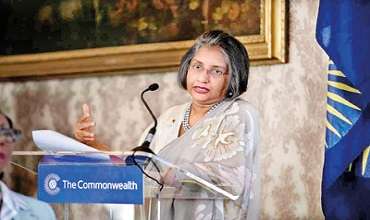
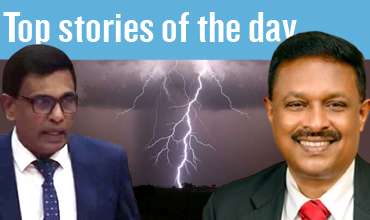


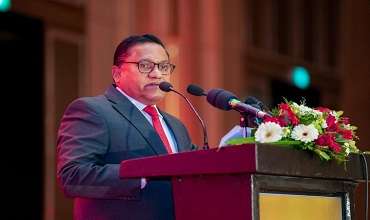
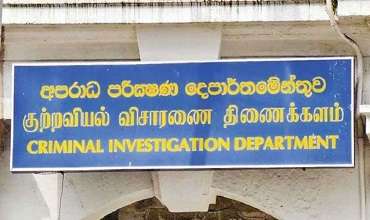
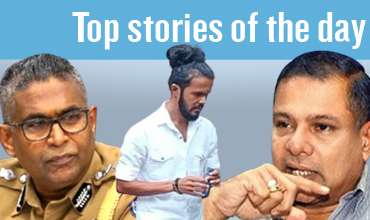

Leave Comments